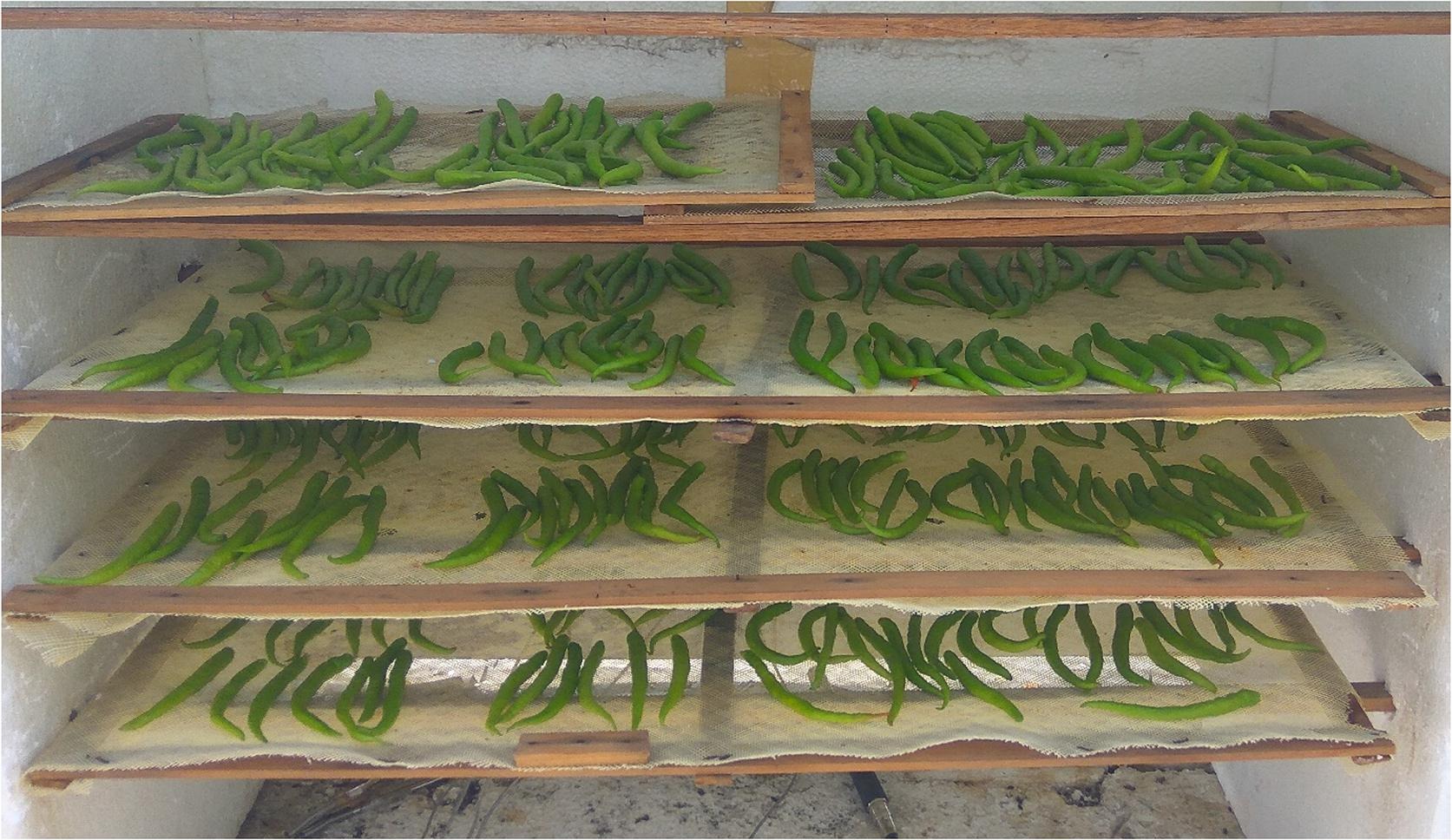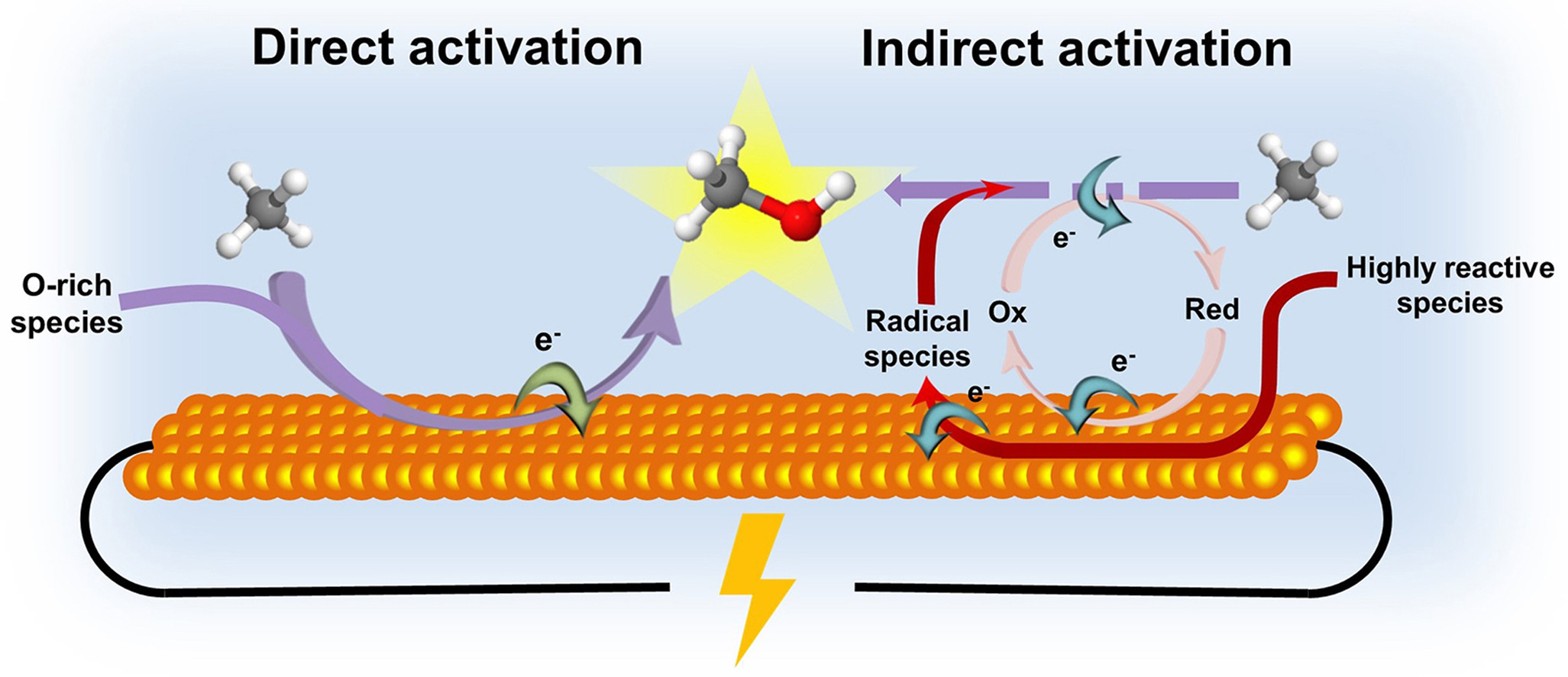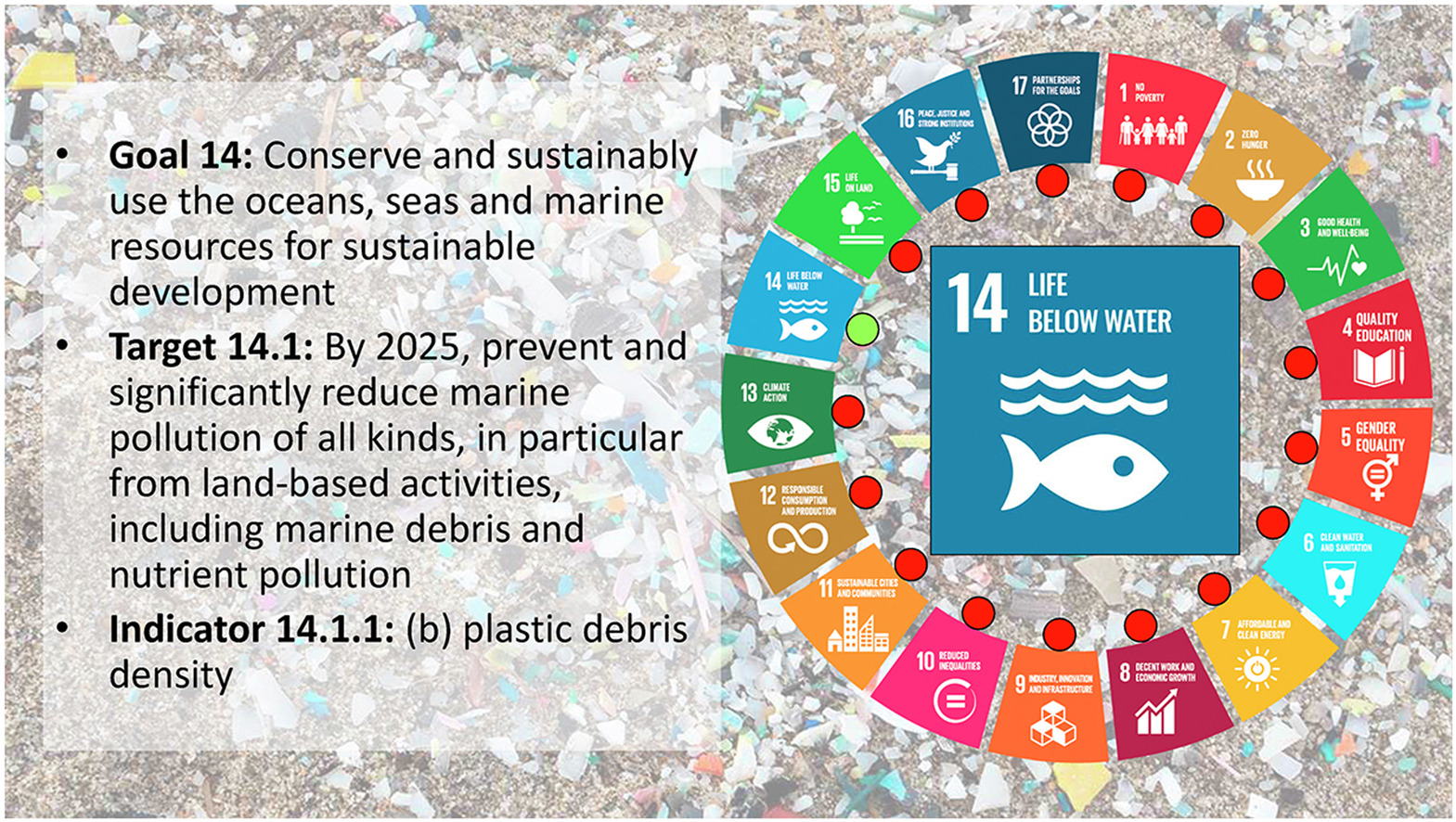Animal Behaviour, Volume 178, August 2021
Why is polyandry such a common mating behaviour when it exposes females to a range of significant fitness costs? Here, we investigated whether polyandry protects females against reduced male fertility caused by thermal stress from heatwave conditions. Sperm production and function are vulnerable to heat, and heatwave conditions are forecast to increase as our climate warms, so we examined these effects on female reproduction and mating behaviour in the flour beetle, Tribolium castaneum, a promiscuous ectotherm model in which fertility is damaged by environmental warming.
Current Opinion in Green and Sustainable Chemistry, Volume 30, August 2021
Since the launch of the United Nations (UN) Sustainable Development Goals (SDGs) in 2015, the SDGs have been widely adopted by governments and corporations in an effort to improve their sustainability. There are 17 SDGs, comprising 169 targets, which are measurable against 247 unique indicators. Despite pervasive global pollution from (micro)plastics, there is only one indicator (14.1.1b) under Goal 14, specifically related to reducing impacts from (micro)plastics.



